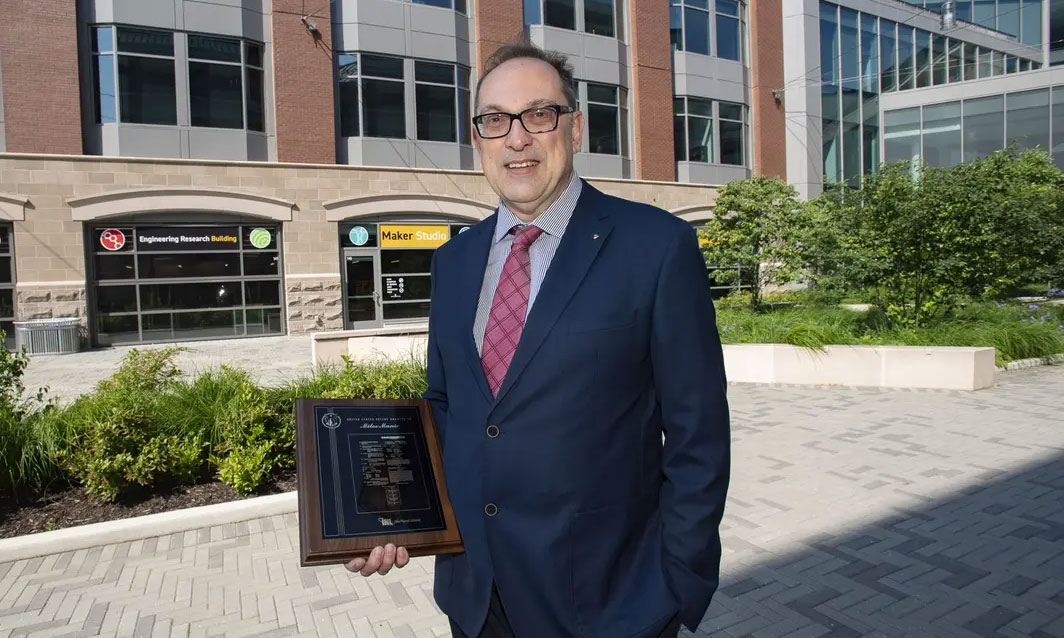By Leah Landry
Milos Manic, Ph.D., professor of computer science in Virginia Commonwealth University’s College of Engineering, has been elected by the National Academy of Inventors to the rank of senior member. The honor recognizes faculty, scientists and administrators who have produced technologies that have brought, or aspire to bring, real impact on the welfare of society.
Manic, who is director of VCU’s Cybersecurity Center, was one of only three inventors from Virginia included in the academy’s 2023 class of senior members.
“It is the impact of your work, not only the number of inventions and patents, that matters to get elevated to senior member of NAI,” Manic said.

His passion for invention began during his childhood in Serbia. “It’s a wonderful country but had not always had rich resources,” he said. “What that means is that you have to think outside of the box to make something work.”
Manic’s creative thinking has led to inventions using artificial intelligence for cybersecurity, energy efficiency and hard drive disk arrays, among other projects.
One of the more recent AI-based inventions is the Autonomic Intelligent Cyber Sensor, co-developed with collaborators from Idaho National Laboratory. Through machine learning, AICS protects the nation’s critical infrastructure from cyberattacks. The sensor rapidly updates decoy virtual hosts — known as honeypots — to distract hackers from targets, which provides time to identify the threat.
“I’m delighted to see how this program has expanded in just a couple years’ time,” said Paul R. Sanberg, Ph.D., D.Sc., the president of NAI. “It really reflects the shift we are seeing at universities where invention is not only being recognized but prioritized as well.”
Senior members were celebrated at NAI’s annual meeting, “Diversifying Innovation for a Strong Economy and a Sustainable Future,” which was held June 26 in Washington.
A full list of NAI senior members is available on the NAI website.
